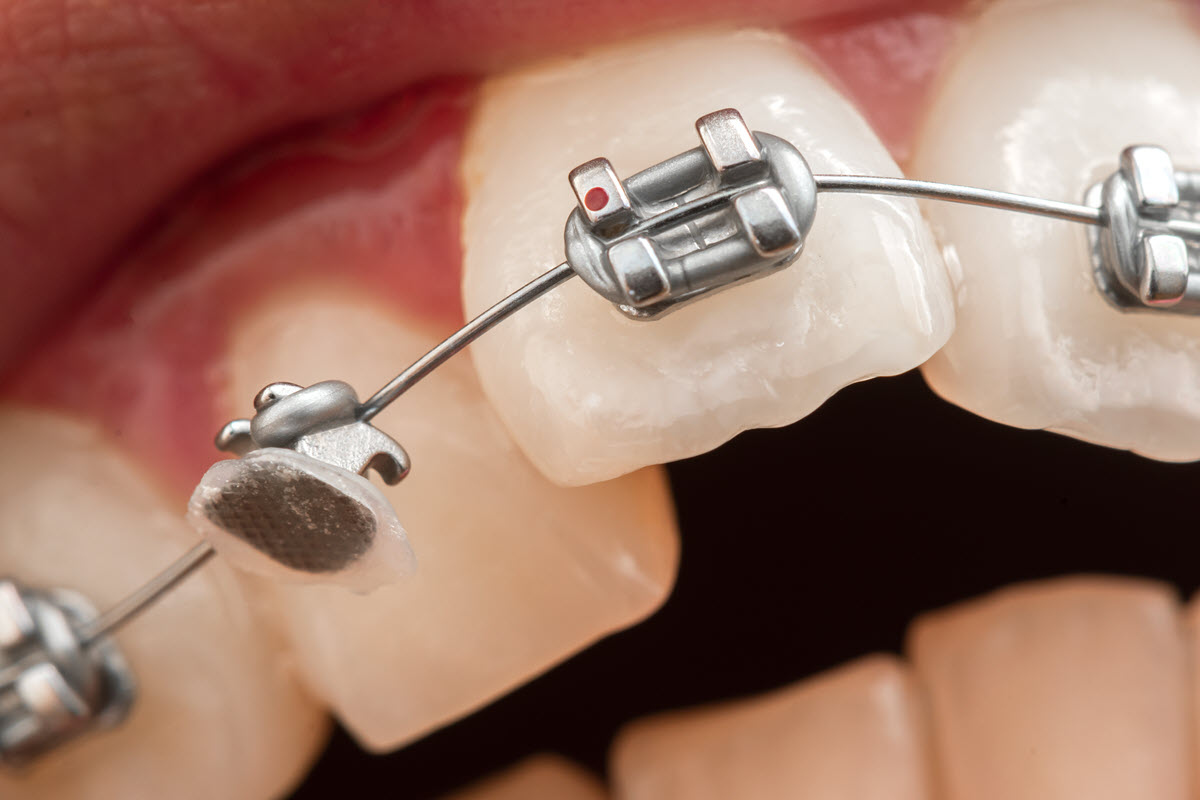People often misunderstand emergencies in orthodontics because they can seem a lot less urgent than common dental emergencies, such as a broken tooth. In general, it is always a good idea to communicate to your orthodontist’s office if there is any sudden change to your orthodontic appliances such as a broken bracket, pokey wire, or ill fitting aligner or retainer. Usually these common issues will be addressed at the office for your comfort or we will give you instructions on how to fix them from home.
What Is an Orthodontic Emergency?
Orthodontic emergencies are time-sensitive issues caused by any appliances placed in your mouth by an orthodontist. They can range from fairly minor problems suchs as a loose bracket/brace or a pokey wire to a more significant problem such as a loose palatal expander or appliance causing you pain. Generally a broken bracket/brace will not cause any pain and your orthodontist will replace it with a brand new bracket/brace at your next scheduled visit. While you can expect general soreness at times, you may have an orthodontic emergency if you experience continuous or worsening pain, even if you don’t notice anything broken. Always inform your orthodontist of any emergencies or changes so they can better advise you and schedule an urgent appointment if needed. If you are experiencing trauma to the teeth or gums, you are likely experiencing a dental emergency and should consult your dentist. Chipped or broken teeth, cavities, and bleeding gums are all considered dental emergencies, even if the patient is also undergoing orthodontic care.
Common Orthodontic Emergencies
If you’re still unsure about what is considered an emergency in orthodontics, here is a list of common issues we treat in our office:
- Broken retainer
- Broken or loose brackets
- Broken or shifted wires (often poking the inside of the patient’s mouth)
- Lost rubber band
- Mouth sores
Appliances like brackets most commonly break due to eating foods like popcorn, nuts, and sticky or hard candy. It is better to avoid these types of foods to prevent these situations. Mouth injuries, brushing your teeth incorrectly, and flossing roughly can also cause this problem.
How to Proceed
The first step in handling an urgent orthodontic issue is to call your orthodontist. You can manage most minor problems on your own
at home until your emergency appointment, and your provider may advise you how to do so. Often, reducing discomfort is very simple.
General Tips and Tricks
- Take an over-the-counter pain reliever to help manage any pain or discomfort.
- For protruding wires, place a small ball of orthodontic wax on the edge of the wire to reduce poking of the gums or cheeks.
- Refrain from touching loose appliances to avoid them breaking off or falling out completely.
- Cover loose brackets with wax until appointment to prevent irritation.
No matter how small the issue may seem, our team is here to support you and answer any questions you may have. Don’t wait until your next appointment to discuss sudden changes or discomfort. Contact Urban Orthodontics for orthodontic emergencies today!











